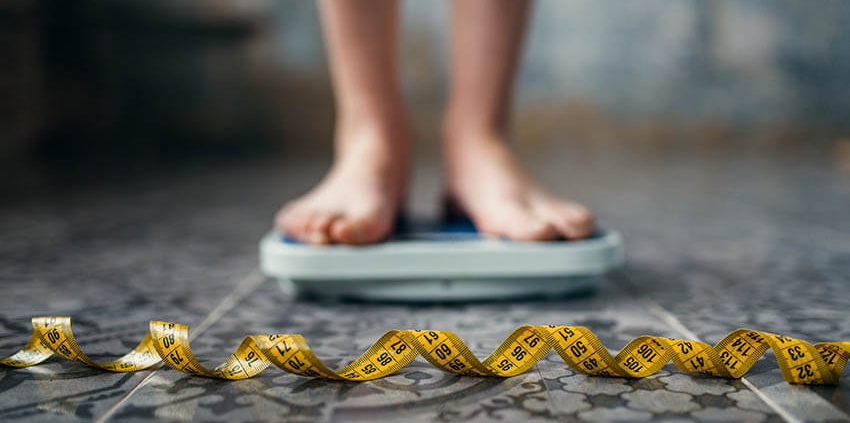Whether you’re looking to undergo cosmetic surgery, or you’ve recently had a procedure, you may be wondering how weight gain or loss could impact the results. While the answer largely depends upon a number of individual factors, the truth is any change in weight can impact the results.
Here, you’ll discover how weight fluctuations could impact your cosmetic surgery.
Weight gain after plastic surgery
If you’re undergoing procedures such as liposuction, a tummy tuck or a breast reduction procedure, weight gain could impact the results.
With liposuction, results are classed as permanent due to the fact that fat cells don’t grow back. However, that doesn’t mean you can’t gain weight. You’ll still gain fat if you eat an unhealthy diet for example. So, if you do experience weight gain, it will simply distribute in different parts of the body.
If you’ve undergone a breast reduction, it’s possible the extra weight you gain will distribute within the breasts. You’ll also find if you get pregnant, the breast tissue will grow, causing the breasts to enlarge.
Buttock fat transfer results can also be impacted by weight gain. After undergoing the procedure, the area treated will still react to weight gain in the same way it did before. For this reason, patients are advised to maintain a consistent weight after the procedure has been performed.
Finally, with a tummy tuck, there’s a certain amount of weight you can gain before it impacts results. Those with a larger frame will typically get away with gaining up to 15 pounds before it shows. However, someone with a smaller frame will find a 10-15-pound weight gain more noticeable.
Weight loss after cosmetic surgery
Just like weight gain, weight loss can also impact the results of cosmetic surgery. Therefore, patients who are planning on losing a lot of weight should do so before they undergo any procedure.
If you’ve undergone a procedure to remove fat, for example, any further weight loss could warp your new appearance. So, if you do want to lose weight after surgery, it’s recommended you do so gradually. Avoid fad diets and excessive exercise routines. If you lose weight at a slower pace, it’s not going show up so significantly in your results.
Factors to consider
Ideally, you’ll want to discuss weight gain and weight loss with the surgeon during your consultation. They will be able to advise you how it would impact the results of the procedure.
Generally speaking, the slower the change in weight, the less impact it’s going to have on your cosmetic surgery results. If you are planning on losing weight, it’s much better to do it before going under the knife. No procedure should be used for weight loss purposes.
Instead, procedures such as liposuction are typically used to contour the body to create the perfect shape.
When you’ve spent a lot of money on the right procedure, you’ll obviously want to maintain the results for as long as possible. Understanding how weight fluctuations could impact the results is therefore important before you go under the knife.





